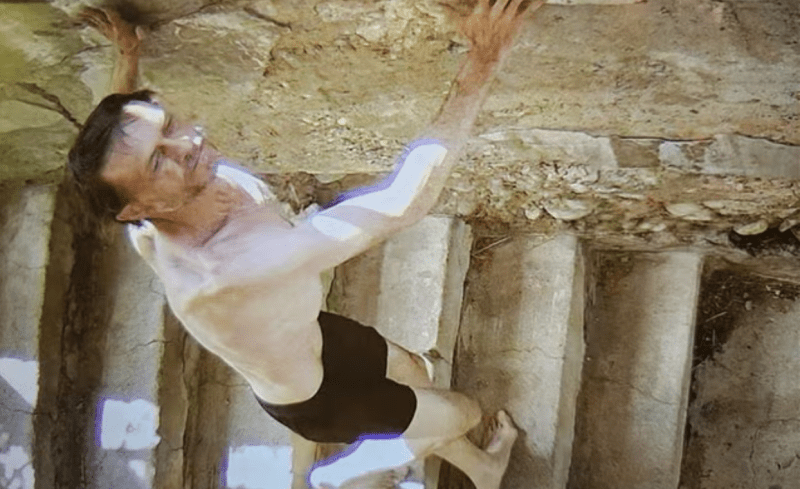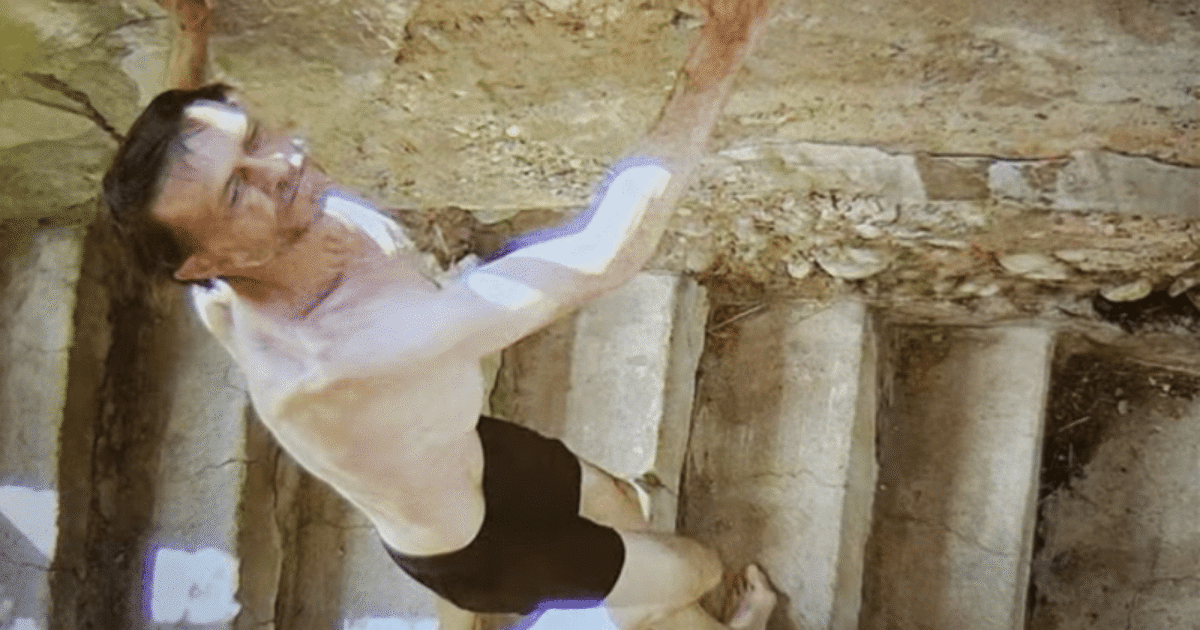This post was originally published on this site

Mass Shooting in Montana Exposes Mental Health Outsourcing to China
Republished with permission from AbleChild.
After the horrifying killing in Anaconda, Montana, where Army veteran Michael Paul Brown is accused of killing four people and remains at large, local families are reeling—not just from the violence, but from the unanswered questions about what could have prevented it.
A relative of one of the victims told reporters, “Mental health is real,” referring to Brown’s long-documented struggles with multiple mental health labels that have no objective way to be verified by brain scans, blood work, or x-rays—including schizophrenia, post-traumatic stress disorder (PTSD), and bipolar disorder. Like in the case of Robert Card, the 2023 Lewiston, Maine shooter who killed 18 people and injured 13 others, Card was referred for psychiatric review by his Military command. After the autopsy, Card, who taught explosives for the military, suffered traumatic brain injury. There can certainly be real medical issue that produce symptoms, that might appear to be mental health related but in fact are medical conditions.
Montana’s response to mental health challenges has come under intense scrutiny, especially after state leaders chose to outsource control of the entire mental health system to a global consulting powerhouse tied to China. In 2023, state officials awarded a $300 million contract to Alvarez & Marsal, a New York-based firm partnering with Zhongze Group, a Chinese state-owned conglomerate. The decision locked Montana’s most private health data and program oversight into the hands of consultants with questionable allegiances, bypassing community input and local providers.
AbleChild.org spearheaded the battle to expose these arrangements, demanding transparency and warning of the risks when public health oversight is handed to multinational firms with foreign connections. As tragedy rocks the community, the state’s willingness to let outsiders manage—and profit from—Montana’s most vulnerable populations reflect a crisis not just of care, but of trust.
Beyond Montana, concern is mounting nationally about states outsourcing mental health administration or data management to firms with Chinese partnerships or ownership around data privacy, security, and sovereignty. While Montana’s is one of the highest-profile cases due to the large investment and public outcry, other states have also engaged with global consulting firms whose networks include Chinese interests, sparking debates on protecting vulnerable populations from outside influence.
The mental health killings all have one thing in common: the withholding of mental health records released to the public on exactly who was treating these individuals and the exact names of the drugs prescribed.
HIPAA includes important exceptions that allow disclosure of mental health information without patient consent—especially when there is a risk of harm to the patient or others. Yet vital details about treatment, medications, or providers are often withheld from the public in cases of serious violence or killings. Meanwhile, the government freely shares private consumer data with foreign entities but refuses to release critical mental health information after tragedies. This dangerous lack of transparency leaves communities vulnerable and is not just negligence—it is corruption, threatening public safety and trust.
Transparency issues fall under the purview of the House and Senate, which continually fund massive mental health and behavioral health vendors. The government spends billions annually on mental health and behavioral health programs, which now permeate every aspect of our lives including the military and our schools. After these mass mental health killings, the behavioral health industry receives a windfall of governmental funding with zero accountability. One only has to look at Henderson Behavioral Health in Florida, which “treated” the Parkland killer, Nikolas Cruz. It was never held to account, and the company enjoys 70% of its funding from the State of Florida. This behavioral health vendor would not exist if not for taxpayer funding. These behavioral health vendors and contractors enjoy pass-through funding and are nothing more than pill mills.
As the community mourns and demands answers, the systemic failures—whether in access to care, oversight of treatment, or vendor transparency—are now painfully visible. The phrase “mental health is real” carries a double meaning: the genuine struggles of patients like Brown, and the troubling reality of a mental health system vulnerable to corruption, foreign ties, and inadequate local accountability.
Be the Voice for the Voiceless
AbleChild is a 501(3) C nonprofit organization that has recently co-written landmark legislation in Tennessee, setting a national precedent for transparency and accountability in the intersection of mental health, pharmaceutical practices, and public safety.
What you can do. Sign the Petition calling for federal hearings!
Donate! Every dollar you give is a powerful statement, a resounding declaration that the struggles of these families will no longer be ignored. Your generosity today will echo through generations, ensuring that the rights and well-being of children are fiercely guarded. Don’t let another family navigate this journey alone. Donate now and join us in creating a world where every child’s mind is nurtured, respected, and given the opportunity to thrive. As a 501(c)3 organization, your donation to AbleChild is not only an investment in the well-being of vulnerable children but also a tax-deductible contribution to a cause that transcends individual lives.
The post Mass Shooting in Montana Exposes Mental Health Outsourcing to China first appeared on Joe Hoft.
The post Mass Shooting in Montana Exposes Mental Health Outsourcing to China appeared first on The Gateway Pundit.

